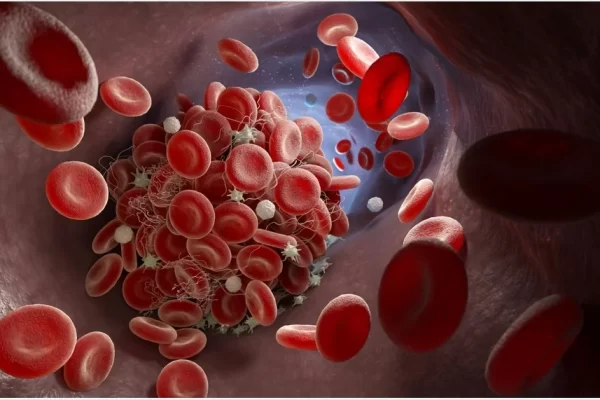Diazepam, widely known as Valium, belongs to the benzodiazepine family of drugs. It’s predominantly utilized to alleviate anxiety, control seizures, and relax muscle spasms.
However, the potential for its misuse and addiction has been the subject of growing concern, prompting inquiries such as “How long does Valium stay in your urine?”
Table of Contents
Decoding the Functionality of Valium
Valium is classified as a benzodiazepine and works by amplifying the effects of the gamma-aminobutyric acid (GABA) neurotransmitter in the brain. GABA is recognized for inhibiting brain activity, resulting in outcomes like sedation, hypnosis, easing anxiety, and muscle relaxation. The influence of Valium is usually swift, reaching peak levels within one to two hours post-consumption.
The Risk of Valium Dependency
Prolonged usage of Valium can result in physical and psychological dependency. Symptoms of addiction may include an escalating tolerance (requiring increased dosages to attain identical effects), withdrawal symptoms in the absence of the drug, and a compulsion to continue usage despite adverse outcomes. Health hazards linked with Valium addiction can be critical, encompassing cognitive deterioration, depression, and a heightened risk of overdose.
Determining the Presence of Valium in Your System
Addressing the central question: How long does Valium stay in your urine? Valium’s half-life ranges from 20 to 50 hours, implying that it takes this duration for half the drug to be eradicated from your system. However, detection times can significantly fluctuate based on several determinants.
Urine tests are typically preferred for identifying Valium, with the drug being traceable between one and six weeks after the last dosage. This broad range is attributed to Valium being a long-acting benzodiazepine; its metabolites can persist in the body for an extended period.
Factors Modulating Valium Detection Duration
Several factors can influence how long Valium stays in your urine. These encompass age, liver and kidney performance, dosage, and usage frequency. For instance, elderly individuals or those with compromised liver or kidney functionality may metabolize Valium more sluggishly, leading to extended detection times. Similarly, increased dosages or regular usage can result in the drug remaining in the system for a prolonged duration.
It’s crucial to remember that just because the drug is no longer identifiable in urine doesn’t necessarily imply that all drug effects have ceased. Some people may undergo withdrawal symptoms or residual effects even after discontinuing usage.
Overcoming Valium Dependency
Should you or a loved one grapple with an addiction to Valium, obtaining professional help is paramount. Treatment options exist, such as detoxification, cognitive behavioral therapy, medication-supported treatment, and peer support groups. Each treatment strategy should be customized to their specific requirements and circumstances, and recovery frequently necessitates long-term commitment.
Final Thoughts: Understanding The Answer To: “How Long Does Valium Stay in Your Urine?”
In summary, “How long does Valium stay in your urine?” has no one-size-fits-all answer. The response can depend on an array of factors, and it’s essential to comprehend that detection times don’t necessarily reflect the duration of the drug’s effects or potential for dependency.
If you’re worried about Valium usage, whether yours or someone else’s, don’t hesitate to seek professional advice. We trust you found this helpful information and appreciate your time reading this.




